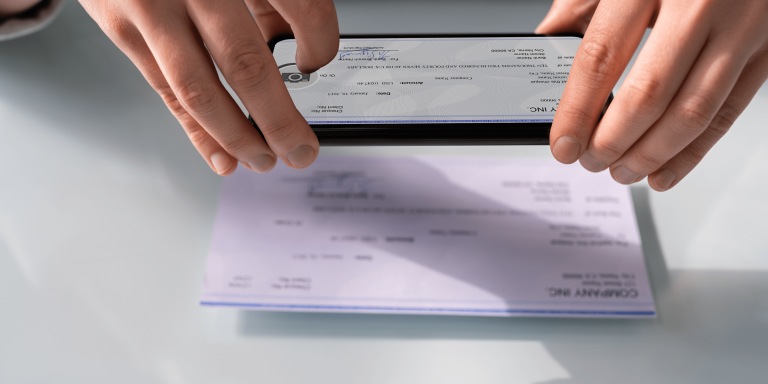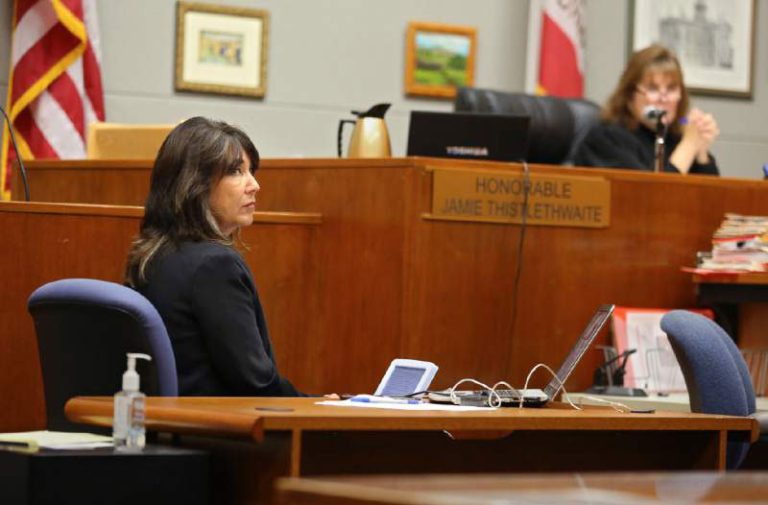Introduction
In the modern age of technology, virtual depositions have become increasingly common, providing convenience and flexibility for legal professionals. Court reporters play a crucial role in ensuring the accuracy and completeness of the deposition record. Connecticut Court Reporters at A Plus Reporting understand the unique challenges and opportunities that arise during virtual depositions. In this blog post, we will explore essential tips and strategies for court reporters to excel in virtual deposition settings, ensuring a successful and seamless experience for all parties involved.
The Importance of Preparation: Setting the Stage
Preparation is the key to success for Connecticut Court Reporters conducting virtual depositions. Begin by familiarizing yourself with the deposition platform being used and test it well in advance. Familiarity with the software’s features and functionalities will help you troubleshoot any technical issues efficiently. Additionally, review case materials and relevant terminology to ensure accuracy during the proceedings. Being well-prepared instills confidence and enables you to focus on delivering a flawless transcript.
Establishing a Strong Connection for Connecticut Court Reporters
Connecticut Court Reporters understand the significance of building rapport with all participants, even in a virtual setting. Initiate the deposition by introducing yourself and explaining your role as the court reporter. Encourage all participants to introduce themselves as well. Establishing a professional and friendly atmosphere promotes collaboration and sets a positive tone for the deposition.
Clear Communication: Technical Considerations
Virtual depositions require seamless communication to avoid interruptions and ensure a smooth process. Pay close attention to audio quality, making sure that all participants’ voices are clear and audible. Remind speakers to speak one at a time and avoid talking over each other. Additionally, utilize mute functions when necessary to minimize background noise or distractions. Maintaining clear communication enhances the accuracy of the deposition transcript.
The Power of Body Language: Non-Verbal Cues for Connecticut Court Reporters
While virtual depositions lack physical presence, court reporters can still observe non-verbal cues to enhance accuracy. Pay attention to facial expressions, gestures, and tone of voice to capture the true intent and emotion behind participants’ statements. Close attention to these details allows Connecticut Court Reporters to create a comprehensive and accurate record, ensuring that no crucial information is missed.
Real-Time Transcript Feeds for Connecticut Court Reporters
Connecticut Court Reporters at A Plus Reporting leverage technology to provide real-time transcript feeds during virtual depositions. This feature allows legal professionals to follow along with the proceedings, making notes, and flagging important sections in real-time. By offering instant access to the transcript, court reporters facilitate collaboration and enable immediate clarification of any uncertainties. Real-time transcript feeds enhance the overall efficiency of the deposition process.
Adapting to Technical Challenges: Troubleshooting on the Go
Despite thorough preparation, technical challenges may arise during virtual depositions. Connecticut Court Reporters possess the skills to troubleshoot common issues promptly. In case of connectivity problems or audio disruptions, inform the participants and attempt to rectify the issue promptly. Having backup systems or alternative communication methods readily available can help minimize disruptions and ensure the deposition continues smoothly.
Documenting Exhibits: Collaboration Made Easy for Connecticut Court Reporters
In virtual depositions, the sharing and presentation of exhibits can pose unique challenges. Connecticut Court Reporters excel in documenting exhibits efficiently. Collaborate closely with the attorneys to ensure all exhibits are accurately described and properly marked. Utilize screen sharing capabilities to display exhibits to all participants, making it easier to refer to specific sections during the deposition. Meticulous attention to detail when documenting exhibits is vital for a comprehensive record.
Confidentiality and Security: Protecting Client Information
Connecticut Court Reporters understand the importance of maintaining confidentiality and ensuring the security of client information during virtual depositions. Utilize secure platforms and follow best practices to protect sensitive data. Implement password protection and encryption when sharing transcripts or exhibits. By prioritizing confidentiality and security, court reporters instill trust and confidence in their clients.
Conclusion
Virtual depositions have become an integral part of the legal landscape, and Connecticut Court Reporters at A Plus Reporting are well-equipped to handle the challenges they present. By following the strategies outlined in this guide, court reporters can ensure successful virtual depositions while upholding the highest standards of accuracy, professionalism, and efficiency. Embrace the possibilities of technology and leverage your skills to provide exceptional service in the digital age. Connect with Connecticut Court Reporters at A Plus Reporting for expert assistance with your virtual deposition needs.












